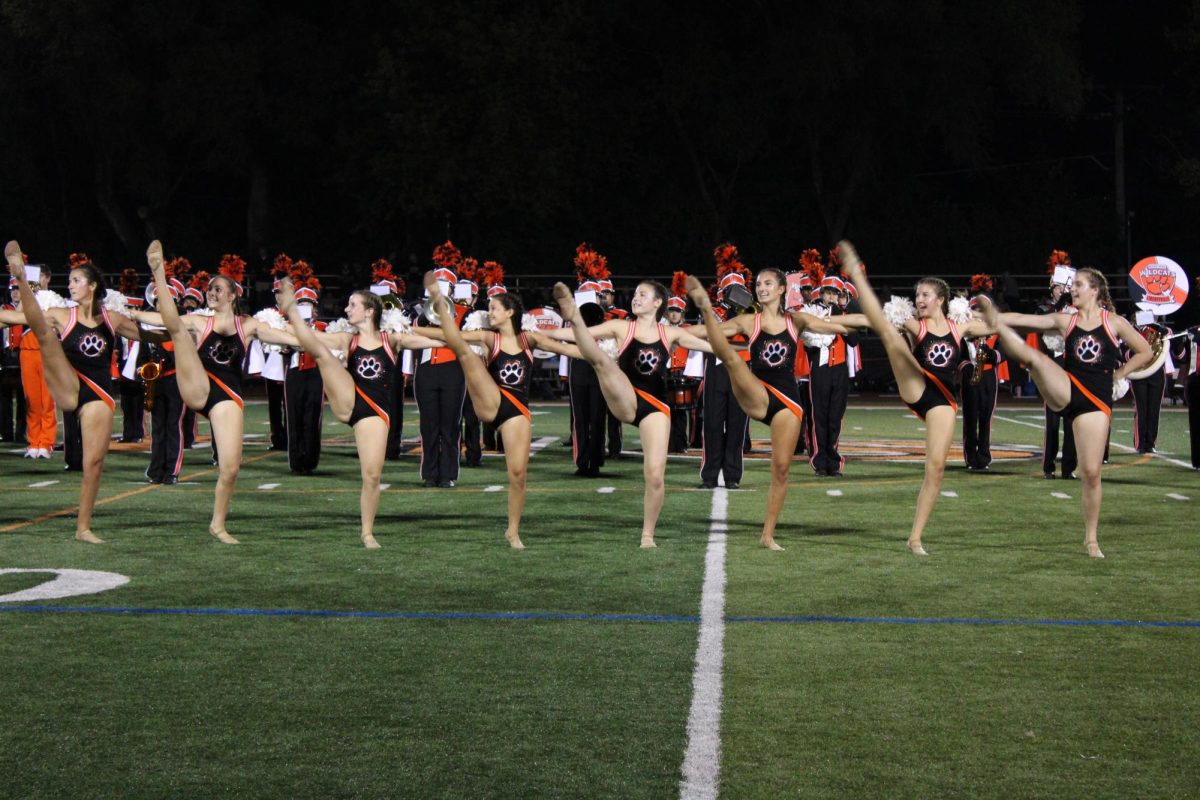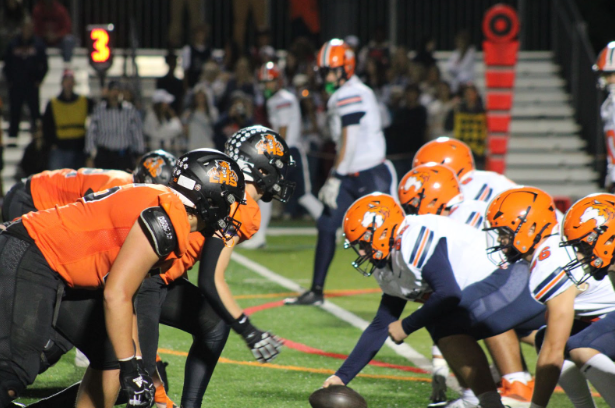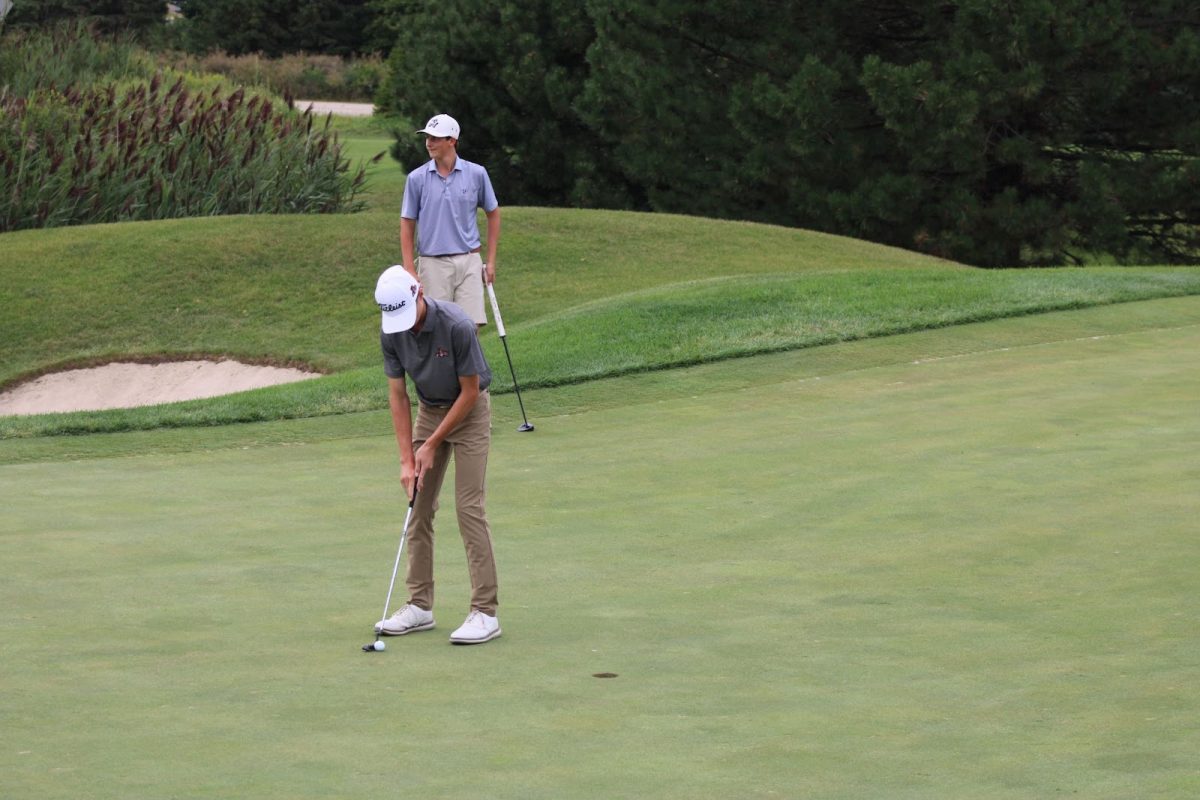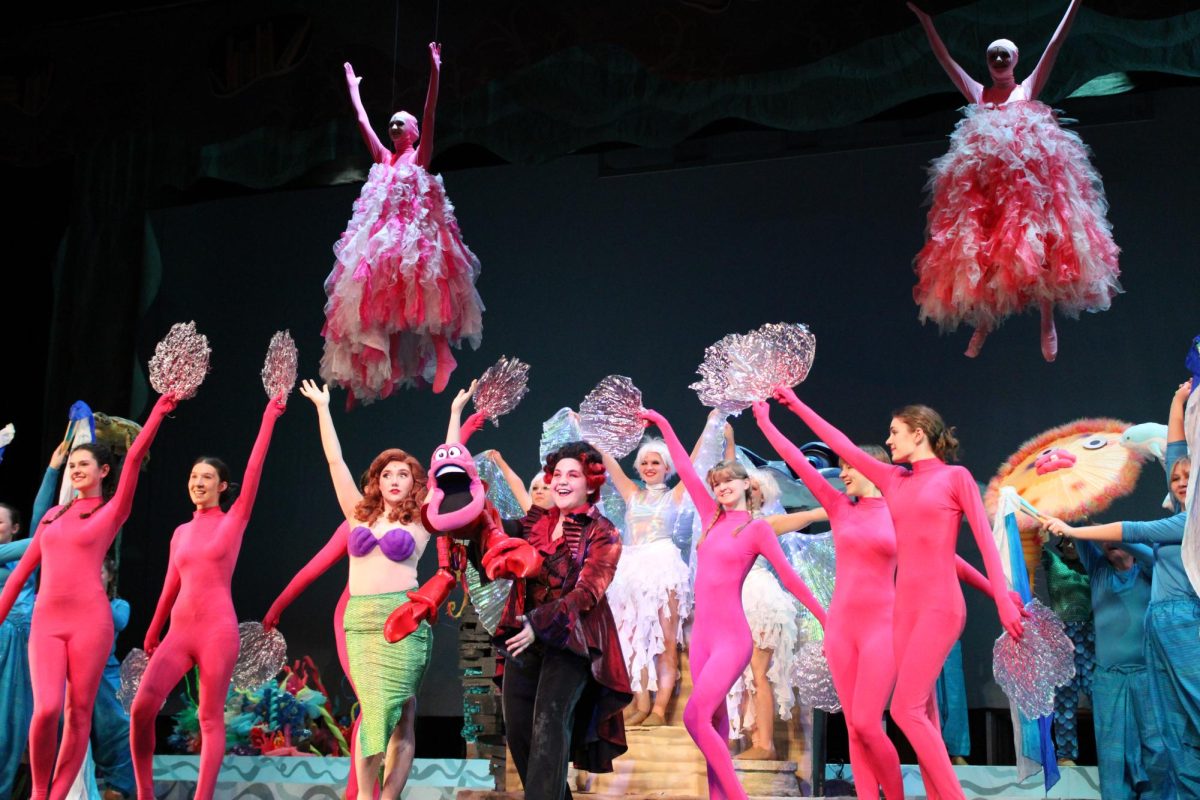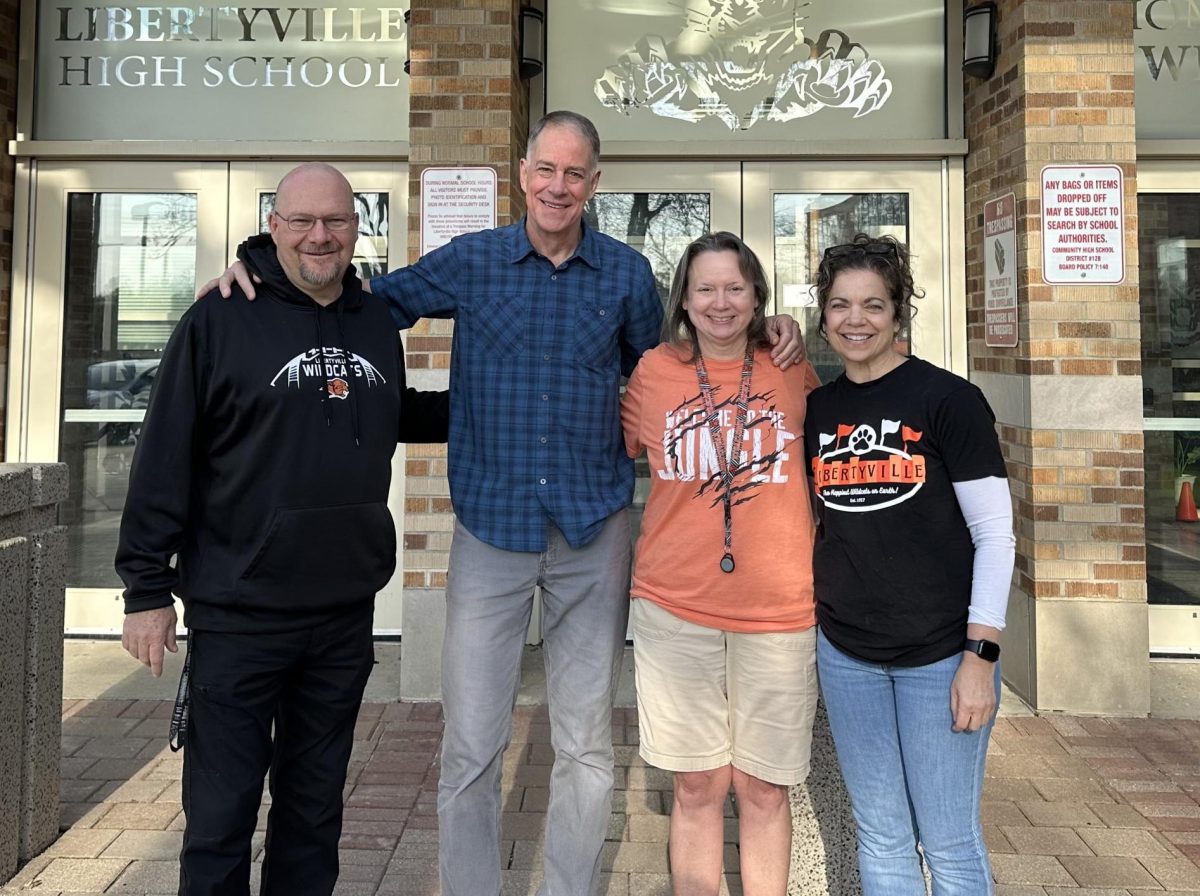Note: A picture that was included with this story when it was originally posted has been removed.
On April 24, 1915, the Ottoman Empire systematically commenced what is widely accepted as the century’s first genocide.
On April 24, 2015, countless of Armenians around the world observed the 100th anniversary of Mets Yegherrni — Armenian Genocide Remembrance Day.
By April 24, 2015, the United Nations, the United States, along with the Turkish government, have yet to acknowledge the massacre of up to 1.5 million humans as a genocide.
The slaughter instigated by the Young Turks on the mostly Christian Armenian population has been one of the century’s most controversial events, partly due to the nature of denial that has followed the genocide, and most significantly the fact that Turkey refuses to use the term “genocide” — a label not uttered by some countries to describe the mass killings of human beings despite its accuracy in definition.
Historically, the tensions that arose in the early 1900s were brought about by the emergence of a war the world had never seen: a world war. By this time, the Ottoman Empire was on the precipice of dissolution and new political groups were gaining traction and power within the region. One such group was successful in their endeavor for political control — the Young Turks — and feeling threatened by a Christian ethnicity within their heavily populated Muslim citizenry, they wiped the Armenians out.
“When this group of Young Turks came in, they were a very secular group; they were overthrowing the Ottoman Empire essentially — the Old Rule. And they wanted a Turkey for the Turks, especially as WWI was winding down, and it became clear that the Ottoman Empire wasn’t going to exist the way it had before,” explained Mr. Kevin O’Neill, AP European History teacher at LHS.
On April 24, 1915, the intentions of the Ottoman Empire were made clear when the government authorized the arrest and execution of 250 Armenian intellectual and leaders, eliminating the group of people that could have most effectively resisted subjugation. Then came the mass deportations; taken from their homeland and forced to leave everything behind, the Armenians were taken to Deir er-Zor — a town in Syria — where they were marched through the desert until they fell.
Networks of concentration camps were established; Armenian men, women, and children were subjected to death marches, until at last they had succumbed to thirst and starvation — their bodies piling up under the hot red sun. The statistics and the records are abominable; a once-vibrant population of two million Armenians in the dying Ottoman Empire was diminished to about 400,000 people — 1.5 million butchered in the year 1915, according to the Armenian Genocide Museum Institute. Mrs. Regina Chamberlin, a speech and language therapist at LHS, recounts the story of her grandmother — a survivor of the Armenian Genocide, along with her grandfather.
“And if it weren’t for my grandmother’s survival and my grandfather’s survival, I wouldn’t be here, and then I wouldn’t be impacting the students that I impact here. You know, genocide affects everybody. If you think about how many people died and how many people were killed and murdered, who know what those people would have become? They could have found the cure to cancer, they could have been some amazing person, or better yet, they could have become just a really good person who affected five people, who then affected five other people.”
Flash forward 100 years later to present day and while the world has recognized the grave injustice committed against the Armenians, the government of Turkey continues to rebuke the usage of the word genocide. The same government that conducted the Armenian genocide is the same one that continues the denial of it, and one can see why: what government wants the stain of genocide on a nation’s history?
Pope Francis, in one of his homilies this year, labeled the crime against the Armenians as a genocide; Turkey recalled its ambassador from the Vatican, and Turkey’s foreign minister responded by calling the Pope’s comment “unacceptable” and “out of touch with both historical facts and legal basis.”
No U.S president — not even President Barack Obama, who promised to use the word ‘genocide’ to describe the situation in his campaign for office — has spoken the word genocide, fearing the alienation of one of America’s limited amount of allies in the Middle East, especially one that is a secular democracy. Turkey allows the United States’ military to use its air bases to conduct operations in the Middle East and that has kept each and every president at bay from stating the truth.
While the majority of recognized nations agree that the crime committed against the Armenian people warrants the label of genocide, the fact that a country as prominent as the United States still does not call the Armenian Genocide a genocide is a sad reality check to the current political atmosphere that prevents the truth from being spoken.
While words have power and history has a record, the role of the international community in calling the genocide a genocide and respecting the lives taken by the Young Turks has been stifled by the underlying reality that some don’t even know what the Armenian Genocide is; awareness revolving around the events of 1915 has been overshadowed by crimes of equal evil — namely the Holocaust.
“I think it starts in schools — I know as cheesy as it is and as self serving as it is — people have to know about it. Every year when I teach the Armenian Genocide, I ask how many kids know about it, and I feel that far more know about it now than when I started teaching. I think it’s the responsibility of educators to make sure that people know the whole story and that’s part of the 20th century story,” stated O’Neill
But it wasn’t such a long time back that awareness about the Armenian Genocide was minimal. It wasn’t such a long time ago where the words “Armenian Genocide” were met with confused faces and befuddled looks.
“She [Mrs. Chamberlin’s grandmother] would tell me all these stories and I would half-listen — at first I was really proud of being Armenian and listening to her and telling her stories, but then when I went to school, I would tell my teachers and they wouldn’t know what I was talking about, and they didn’t follow up with anything, so then I started thinking maybe my grandmother was kind of not telling me the accurate story, or maybe it wasn’t such a big of a deal — so when I look back on it now, that denial of it, the fact that it wasn’t taught, that it wasn’t even known about, was pretty much continuing genocide,” stated Mrs. Chamberlin.
In the words of Elie Wiesel, a survivor of genocide himself, “We must take sides. Neutrality helps the oppressor, never the victim. Silence encourages the tormentor, never the tormented.”
With the passing of 100 years marking the massacre of 1.5 million human beings, the message of speaking out and speaking up cannot be stressed enough, and the denial, lack of awareness, or lack of recognition of the pain of a people is a crime itself against humanity.





![Mr. Abullh Ali, manager/assistant, helps open Queen Yemeni Coffee in downtown Libertyville at 606 North Milwaukee Ave. With the help of employees such as manager and LHS senior Yousef Taha, they are able to bring the Yemeni and Ethiopian culture to Libertyville by using their Queen spices, cinnamon and cardamom in their drinks such as Adani Chai, which is inspired by Sheda, the Queen of Yemen and Ethiopia. “The history of our coffee [is] a long history and we believe that Yemen and Ethiopia started the coffee and we are bringing something unique to the community,” Mr. Ali said.](https://www.lhsdoi.com/wp-content/uploads/2025/04/Photo-1-1200x800.jpg)



